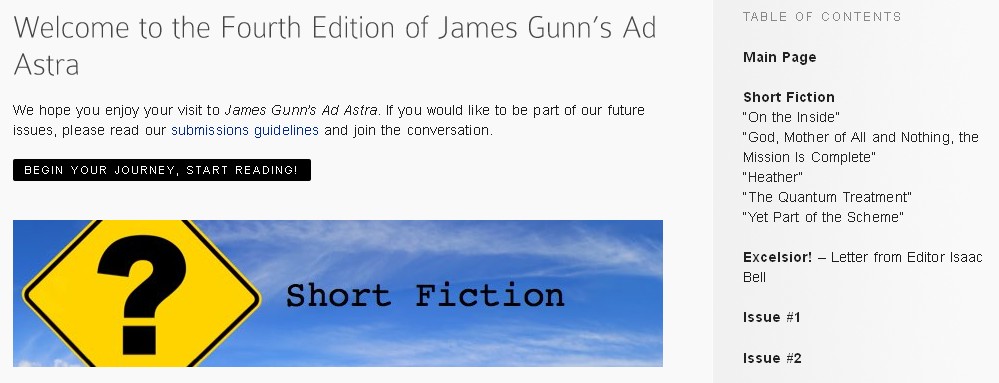My character is Not Me. She’s more divergent from being Me than most of my characters–not just in life circumstances (because all my characters have very different life circumstances from me), but in the way she speaks and thinks and IS. And because of that, I actually have to work really hard to stop my own inclinations from elbowing their way in when the flow clatters a little bit and I’m trying to keep going.
I have this wordiness problem, as y’all well know, and though it’s gotten a LOT better in recent years, I still have a tendency to wordify things. That includes feelings and thoughts and reactions and attempts to include other people. And I’m kinda used to having introspective, self-aware characters who revel in those words, composing significant dialogue and having a fair amount of running commentary in their heads.
That’s not what Megan is like. It’s kinda frustrating.
Nearly every time I write a full sentence for her I feel like it’s too much. She doesn’t talk a lot, and when she does talk, it’s usually pretty guarded. She doesn’t take extra steps to invite people to understand her; she doesn’t explain her thoughts; she doesn’t even fixate on what she’s thinking enough for me to nail it down in the text. I’m not used to a character like her who mostly speaks because others speak to her or because she can’t avoid it or to get them to STOP talking to her. (And I think this is going to make the times Megan DOES speak for other reasons far more significant, which will make my job easier down the line.)
It’s turning out to be pretty hard working with someone whose communication style is so different from mine. And I don’t want to just write it how I would write it and then edit it to be more like her because that will fundamentally change how I think about her. I’ll only really nail her voice if I practice with it as it’s developing in the story.
It’s pretty funny that I’m finally writing an asexual character and she’s the least like me of any character I’ve had. (We do seem to share an opinion when it comes to kissing, though.) I wonder how many of my readers are going to relate to her?


